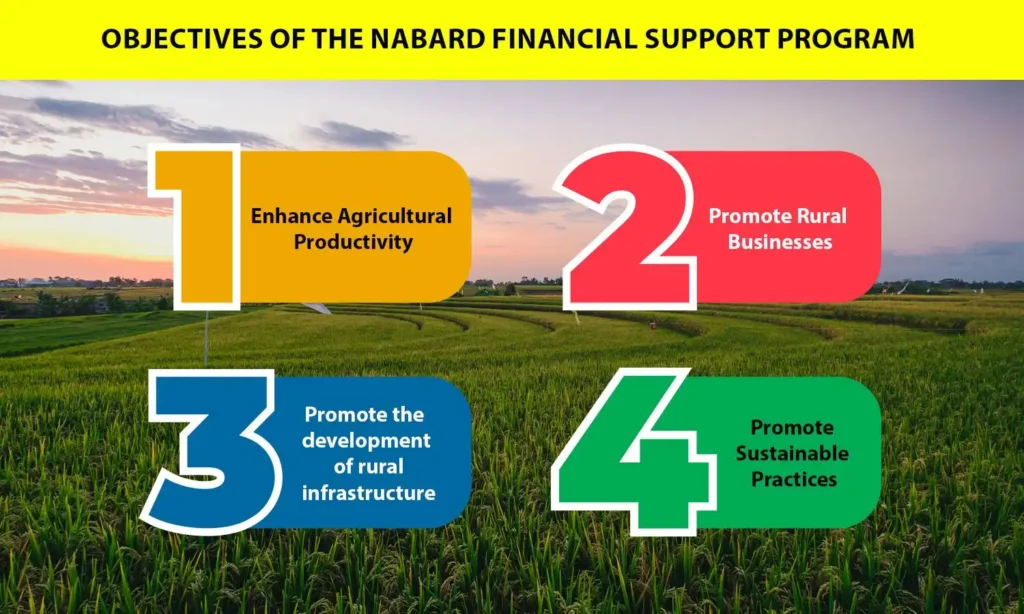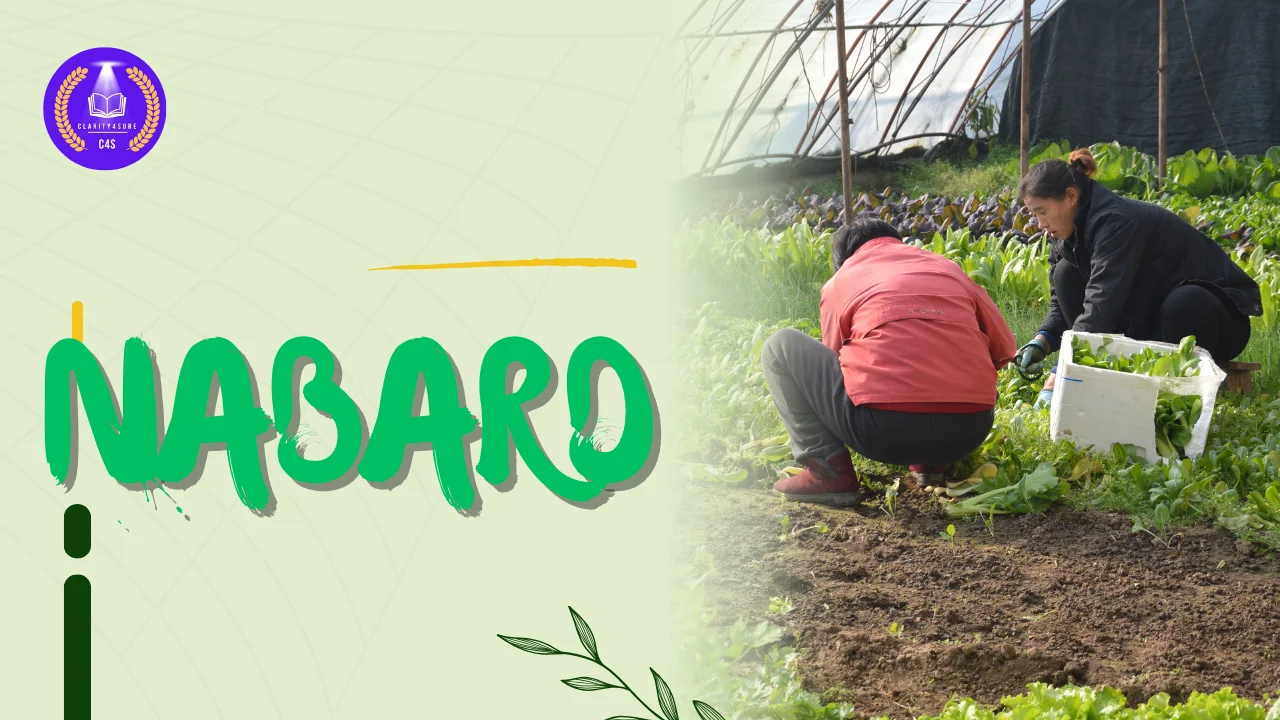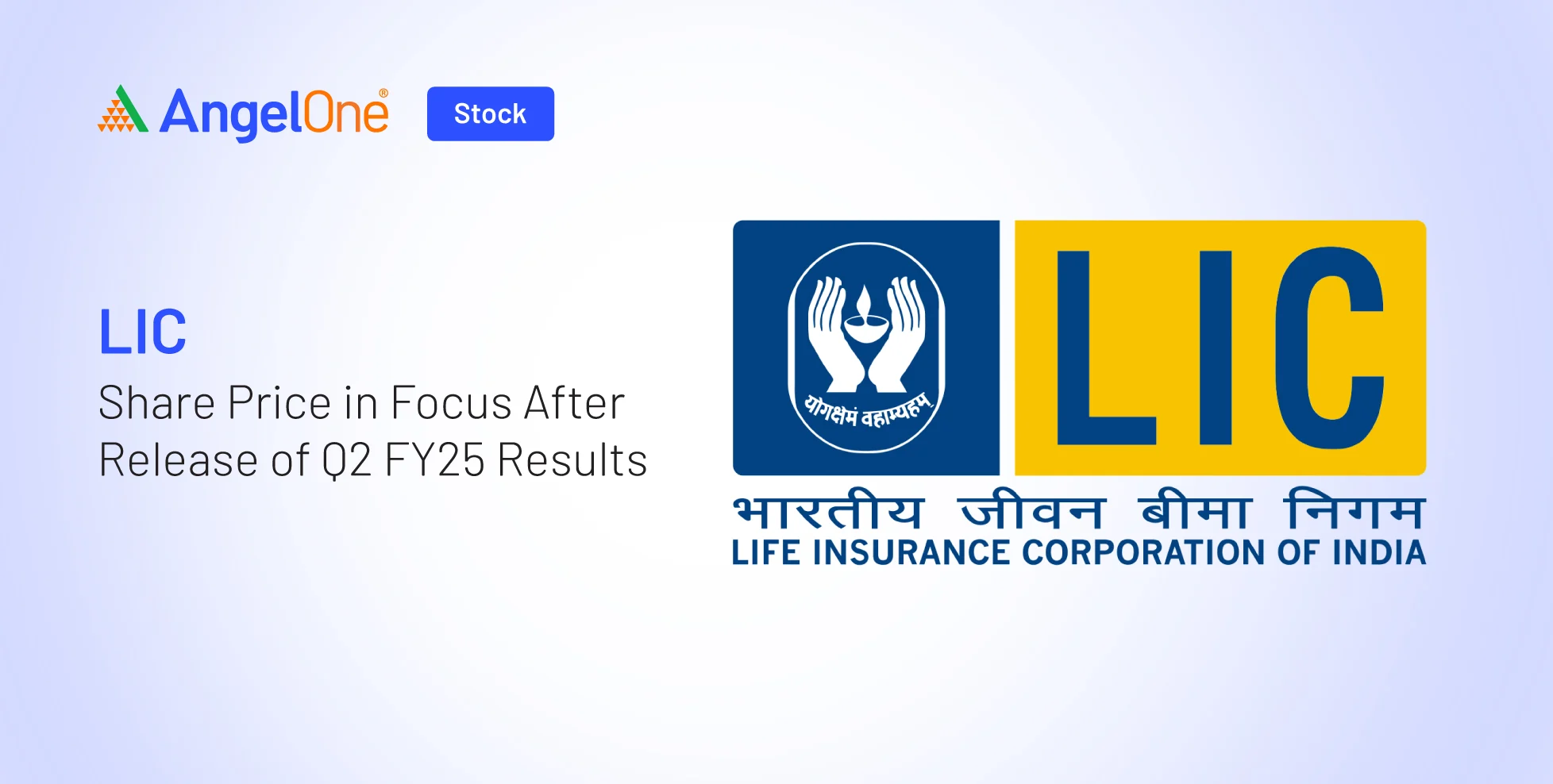NABARD Plans to Extend Weather: In a landmark initiative aimed at strengthening agricultural resilience, the National Bank for Agriculture and Rural Development (NABARD) is working to extend weather-linked insurance coverage to all farmers across India. Currently, most insurance products are limited to crop farmers, leaving sectors such as dairy, fisheries, and aquaculture largely uninsured and vulnerable to climate volatility.
To bridge this gap, NABARD is in talks with the Agriculture Insurance Company of India (AICIL) to design and deploy comprehensive, climate-responsive insurance products that address the income risks posed by fluctuating weather conditions. This move comes as India faces increasing challenges from heat stress, irregular rainfall, and extreme temperature variations — all of which have begun to directly affect productivity across multiple agricultural sectors.
As a senior NABARD official explained to The Financial Express, “We consider developing insurance products linked to actual crop loss. While such insurance already exists, expanding it to cover farmers comprehensively could be highly beneficial.” The official added that the current system of compensation — which relies on post-loss assessment — is often delayed by one to two years, highlighting the urgent need for faster and more efficient coverage solutions.
Weather-Linked Insurance: A Climate-Responsive Approach
1. Linking Milk Production to Temperature and Humidity
NABARD is actively exploring a weather-indexed dairy insurance product that connects milk yield to a temperature-humidity index (THI). Under this model, insurance payouts would be automatically triggered when extreme heat or humidity levels cause a measurable decline in milk production.
This initiative is a breakthrough in parametric insurance — a data-driven model that uses weather indicators rather than manual loss assessments. By linking coverage to real-time weather conditions, the insurance ensures faster payouts and reduced administrative delays.
This product is expected to safeguard the livelihoods of millions of dairy farmers, particularly in regions that have experienced record-breaking heatwaves in recent years. Reduced milk yield due to heat stress has become a growing concern, with studies showing significant drops in productivity during summer months.
2. Extending Insurance to Fisheries and Shrimp Farming
NABARD also plans to design insurance solutions for fisheries and aquaculture, including shrimp farming, one of India’s most export-sensitive sectors. Shrimp exports have suffered from high U.S. tariffs and environmental stress, leading to significant income instability for coastal farmers.
According to NABARD, introducing a specialized insurance framework for this sector will help protect farmers from both climate shocks and trade-related disruptions. Such coverage could provide a vital safety net during crises, ensuring the financial sustainability of India’s booming aquaculture industry.
Read about: Bima Sugam: The ‘UPI Moment’ for India’s Insurance Sector
Why Comprehensive Weather-Linked Insurance Matters
Reducing Delays in Compensation
The current crop insurance models often depend on on-ground damage assessment, which can take months or even years to process. By contrast, weather-linked products use automated climate data to determine payouts, offering immediate relief to affected farmers.
Improving Insurance Penetration
Insurance penetration in non-crop sectors like dairy and fisheries remains extremely low, leaving millions of small and marginal farmers exposed to unpredictable weather events. NABARD’s initiative aims to broaden the insurance landscape, covering previously underserved segments.
Boosting Financial Inclusion
By integrating insurance with digital tools like AI-driven credit assessment, NABARD is moving toward a unified model of risk mitigation and financial empowerment. This aligns with India’s broader push for climate-smart agriculture and inclusive rural development.
Introducing the ‘Khet Score’: A Unified Credit and Insurance Platform
In addition to expanding insurance coverage, NABARD plans to develop a “farmers’ credit score” — a unified system designed to integrate credit underwriting and insurance services on a common digital platform.
This system will leverage Khet Score, an AI-based tool that assesses the creditworthiness of farms using parameters such as land use, cropping patterns, yield records, and climatic conditions. The goal is to create a data-driven ecosystem where both lending and insurance decisions are seamlessly integrated.
With this platform, NABARD envisions faster access to credit, better risk profiling, and more efficient insurance delivery for both individual farmers and Farmer Producer Organisations (FPOs).

Insurance for Farmer Producer Organisations (FPOs)
Recognizing the growing role of FPOs in India’s agri-value chain, NABARD is also exploring group-based insurance products designed specifically for these entities. Such products will help FPOs safeguard collective assets like warehouses, equipment, and shared infrastructure against weather-induced losses.
This approach is expected to empower farmer cooperatives, improve risk pooling, and enhance collective resilience to climate variability — a critical need as rural India experiences increasingly erratic weather conditions.
Conclusion
1. A Transformative Step in Agricultural Risk Management
NABARD’s push for comprehensive, weather-linked insurance represents a paradigm shift in how India manages agricultural risk. By expanding beyond crops to include dairy, fisheries, and FPOs, the initiative ensures that every farmer has a safety net against climate-related losses.
2. Tackling the Delay in Compensation
The move toward parametric insurance, tied to weather indicators rather than loss surveys, addresses one of the biggest flaws in the traditional model — delayed payouts. This ensures that farmers receive timely assistance when it matters most.
3. Integrating AI and Digital Tools
With the rollout of the Khet Score, NABARD is laying the foundation for smart insurance — a fusion of AI, data analytics, and agricultural finance that promises to transform the way rural credit and risk coverage work in tandem.
4. Building Resilience for the Future
As climate change intensifies, the agricultural sector’s vulnerabilities will only grow. NABARD’s forward-looking insurance initiatives not only promise financial stability but also contribute to a resilient and sustainable farming ecosystem for generations to come.
Frequently Asked Questions
1. What is weather-linked insurance, and how does it differ from traditional crop insurance?
Weather-linked insurance, also known as parametric insurance, is a policy that provides payouts based on specific weather parameters such as temperature, humidity, or rainfall — rather than physical loss assessments. This ensures faster, data-based payouts, eliminating the delays often associated with traditional crop insurance.
2. How will NABARD’s new insurance scheme benefit dairy farmers?
NABARD’s dairy insurance model links milk yield to a temperature-humidity index (THI). If excessive heat or humidity leads to a drop in milk production, farmers receive automatic compensation for income loss. This helps protect livelihoods from climate-induced productivity declines.
3. Why is shrimp farming being included in the insurance plan?
Shrimp farming faces risks from climate stress, disease outbreaks, and trade tariffs, especially from the U.S. market. By offering specialized insurance coverage, NABARD aims to stabilize the incomes of shrimp farmers and promote sustainable aquaculture practices.
4. What is the purpose of the Khet Score initiative?
The Khet Score is an AI-based platform that evaluates the creditworthiness of farms by analyzing agricultural and environmental data. It will integrate credit and insurance services, enabling quicker loan approvals, improved underwriting, and more efficient insurance delivery.
5. How will Farmer Producer Organisations (FPOs) benefit from NABARD’s insurance products?
NABARD plans to launch group insurance policies tailored for FPOs, covering shared assets and collective operations. This will help FPOs manage risks more effectively, access better credit terms, and ensure the financial protection of their member farmers.







1 thought on “NABARD Plans to Extend Weather-Linked Insurance to All Farmers”